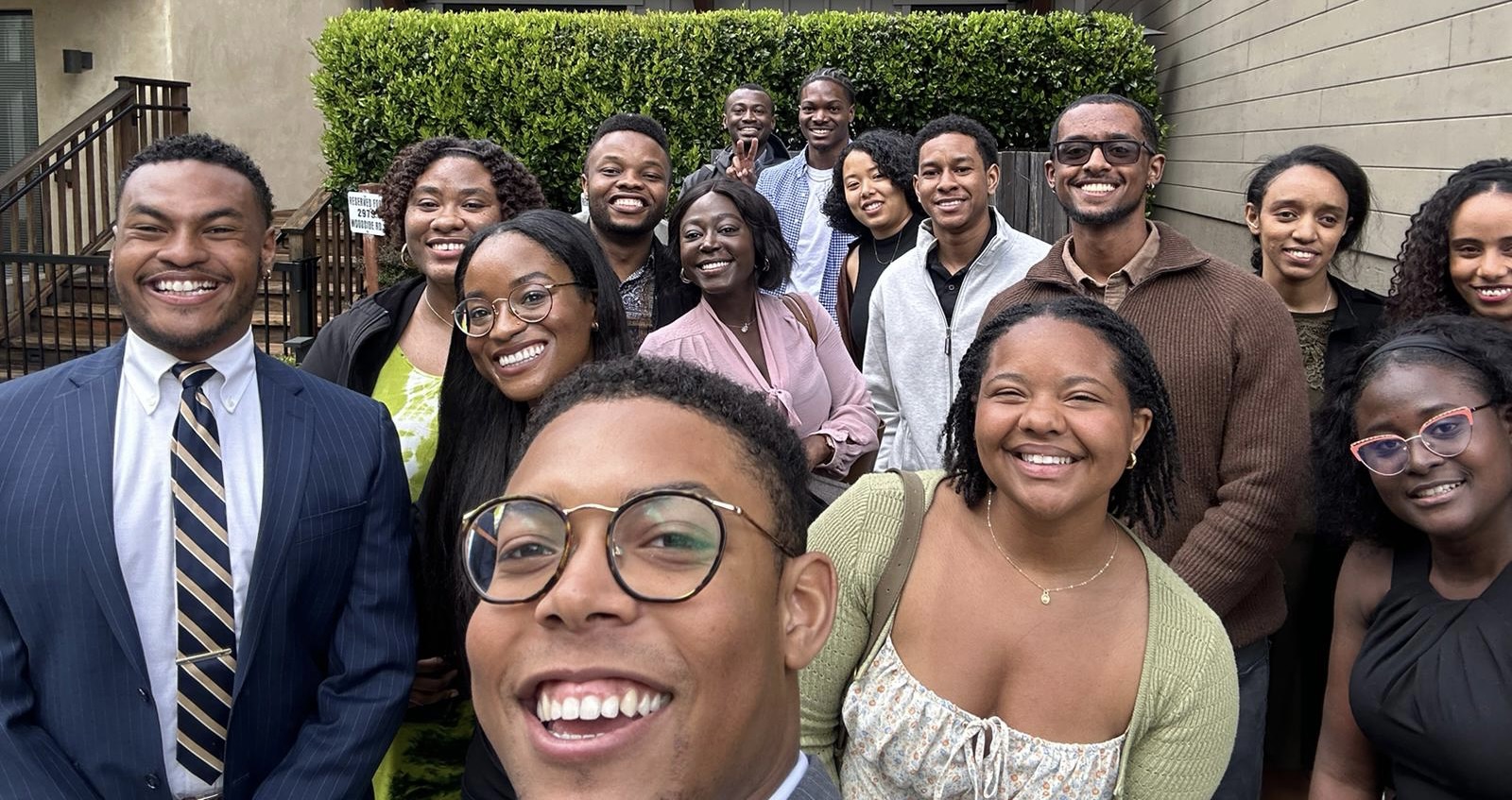Photo: YouTube
NEW ORLEANS – Appearing on the new edition of the Let’s Talk STEM with Dr. Calvin Mackie podcast, Shawna Young, former executive director of the Scratch Foundation, says it’s critical for Black & Brown students to have access to STEM education.
Young talked about the importance of Black and Brown children having role models in STEM, the scientists, technicians, and engineers who they can look up to and hope to emulate. “Representation matters,” Young says. “People seeing themselves in leadership, in organizations and career fields makes a difference in particular for this generation.”
In fact, Young gets frustrated when corporate and philanthropic funders do not embrace STEM programs for children of color, preferring to support programming that does not offer much of a challenge to the children. It is “the soft bigotry of low expectations,” she says, adding that sometimes parents must be convinced that their children can do STEM work. “So, how do we change this mindset of the belief gap? Our kids are capable, and our kids can do it.”
Dr. Calvin Mackie, founder of STEM Global Action, adds that “representation” matters for girls as well as children of color. Furthermore, he notes that it is important for Whites to see women, and Black and Brown, STEM professionals. “It matters for people who think that engineers, scientists and technicians only look a certain way,” he says, of White males, who fill the majority of jobs in many STEM fields, but must recognize that women and people of color can also be STEM achievers.
Young explains the importance of an organization like Scratch, which is the world’s largest and most diverse coding community for kids. In the past year, more than 200 million children interacted with Scratch.
“Coding is something…it’s another language that we want our children to understand and have,” she says. “And at its core, we want children to not be consumers of technology, we want them to be creators of technology. Our team is inspired by that type of work. If you go in our online community, you see all kinds of studios with every topic possible.”
But Young is concerned about what she calls “intentional embargoes,” the barriers that can limit STEM advancement in multiple communities. “Not just communities of color,” she says, “communities based on socioeconomic backgrounds, as well as racial backgrounds, as well as the geographic locations. We’re going to still be talking about this 10 to 15 years from now. “
Dr. Mackie explains that his approach, which includes unprecedented programming that brings STEM activities into under-resourced communities, involves creating “a tribe where these kids can find themselves and they can find a pathway and they’re not poked and prodded. We’re not here to judge them in terms of what they can do. We give them something.
“They do it and they feel good about themselves,” he continues. “When they finish, they can go home and say, ‘Mama, Daddy, look what I did.’ And that’s how we change the mindset, and it has to be systemic. That’s why we’re doing it in urban New Orleans now. We’re doing it in rural Illinois and rural Louisiana. We’re doing it with Black, White, Asian, Muslim kids.”
Join Dr. Mackie and Shawna Young as they continue their insightful conversation HERE: https://anchor.fm/stem-global-action/episodes/Shawna-Young–former-executive-director-of-the-Scratch-Foundation–says-its-critical-for-Black–Brown-students-to-have-access-to-STEM-education-e1q27ol/a-a8pk1d2











